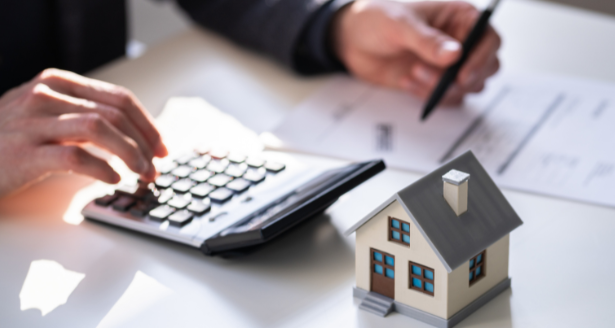
For many Canadians, purchasing a primary residence has long been viewed as the foundational step toward financial security. However, rising property prices and tighter lending conditions have led some prospective buyers to consider an alternative route: investing in a rental property before purchasing a home for themselves.While unconventional, this strategy can be viable — but it’s important to weigh it objectively. Below is a balanced comparison of both options, highlighting the key financial, logistical, and strategic considerations.
Buying Your First Home to Live In: Pros
- Lower Down Payment Options
First-time homebuyers in Canada may qualify for as little as 5%–10% down on their primary residence, compared to 20% or more for investment properties. - Access to First-Time Buyer Incentives
Programs like the First-Time Home Buyer Incentive, Home Buyers’ Plan (RRSP withdrawal), and land transfer tax rebates can reduce upfront costs. - Lifestyle Stability
Owning the property you live in gives you more long-term control over your living situation and protects you from rising rental prices. - Potential for Long-Term Equity Growth
While not cash-producing, a primary residence can still appreciate over time, contributing to your net worth.
Cons:
- No Immediate Income Generation
Unlike a rental property, your primary home doesn’t produce cash flow — it's a liability until you sell or borrow against its equity. - All Expenses Are Yours
Mortgage payments, property taxes, maintenance, and repairs fall entirely on the homeowner, without offsetting rental income. - Slower Path to Real Estate Portfolio Building
Tying up your borrowing power in a primary residence may delay entry into investment property ownership.
Buying a Rental Property First: Pros
- Income Generation from Day One
Rental income can help cover the mortgage and operational costs, potentially even generating cash flow depending on market conditions. - Asset Appreciation Over Time
Like a primary home, an investment property can grow in value, building equity while tenants assist in covering the cost. - Investment-Focused Purchasing
You can buy in markets with high rental yields and strong fundamentals, rather than being limited to where you personally want to live. - Strategic Equity Use
Equity accumulated in the rental property could later be used toward the purchase of your primary home.
Cons:
- Higher Entry Requirements
Investment properties require a minimum 20% down payment and typically come with higher interest rates. - Stricter Lending Criteria
Lenders assess investment property purchases more conservatively, evaluating rental income projections and your debt ratios more closely. - Management Responsibility
As a landlord, you're responsible for tenant issues, maintenance, vacancies, and legal compliance — or you’ll need to hire a property manager. - You Remain a Renter
While you're generating income from your property, you're still exposed to rental market fluctuations where you live.
Side-by-Side Comparison: Buying Your First Home vs. Buying a Rental Property First
1. Minimum Down Payment- Primary Home First: You may qualify for a down payment as low as 5–10% (with mortgage insurance).
- Rental Property First: Requires at least 20% down, with no access to mortgage insurance.
- Primary Home First: Eligible for government-backed programs like the First-Time Home Buyer Incentive, land transfer tax rebates, and RRSP Home Buyers’ Plan.
- Rental Property First: Not eligible for first-time buyer incentives; seen as a business investment.
- Primary Home First: No rental income unless part of the home is rented (e.g. basement suite).
- Rental Property First: Potential for positive monthly income if the property is well-purchased and managed.
- Primary Home First: Decisions are based on lifestyle, commute, personal preferences, and emotional attachment.
- Rental Property First: Property is selected based on numbers—rental yield, demand, maintenance costs, and growth potential.
- Primary Home First: Capital gains exemption when selling your principal residence, but limited ongoing tax benefits.
- Rental Property First: Eligible to deduct mortgage interest, property taxes, maintenance, management fees, and claim depreciation.
- Primary Home First: Personal, more gradual learning experience; you learn as you live in and maintain the home.
- Rental Property First: Treated more like a business from day one, with a steeper learning curve around tenancy laws, maintenance planning, and accounting.
Final Considerations
The decision to purchase a rental property before a primary home depends on your:- Cash reserves and income stability
- Comfort with property management
- Access to financing
- Long-term financial strategy
- Willingness to separate personal and investment goals